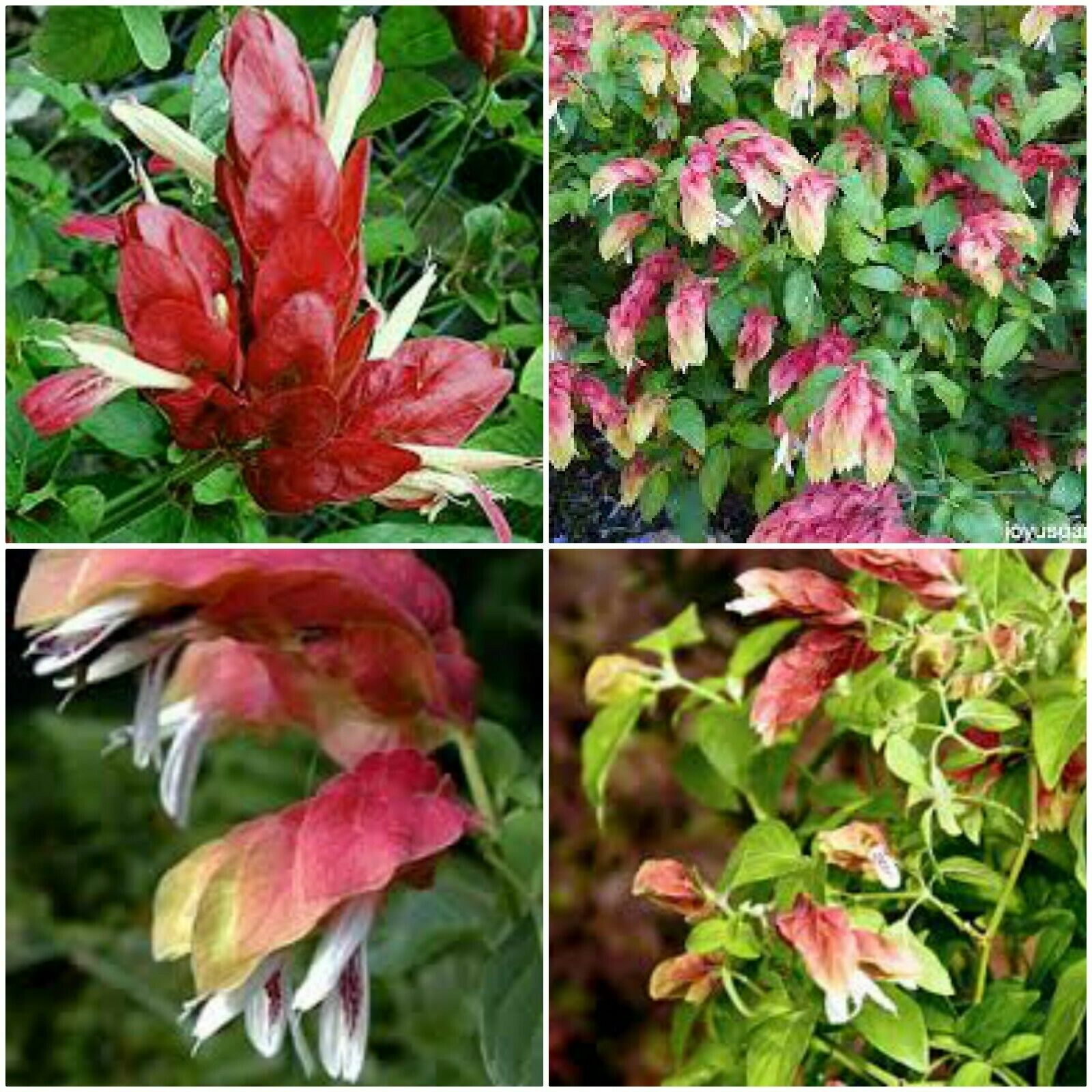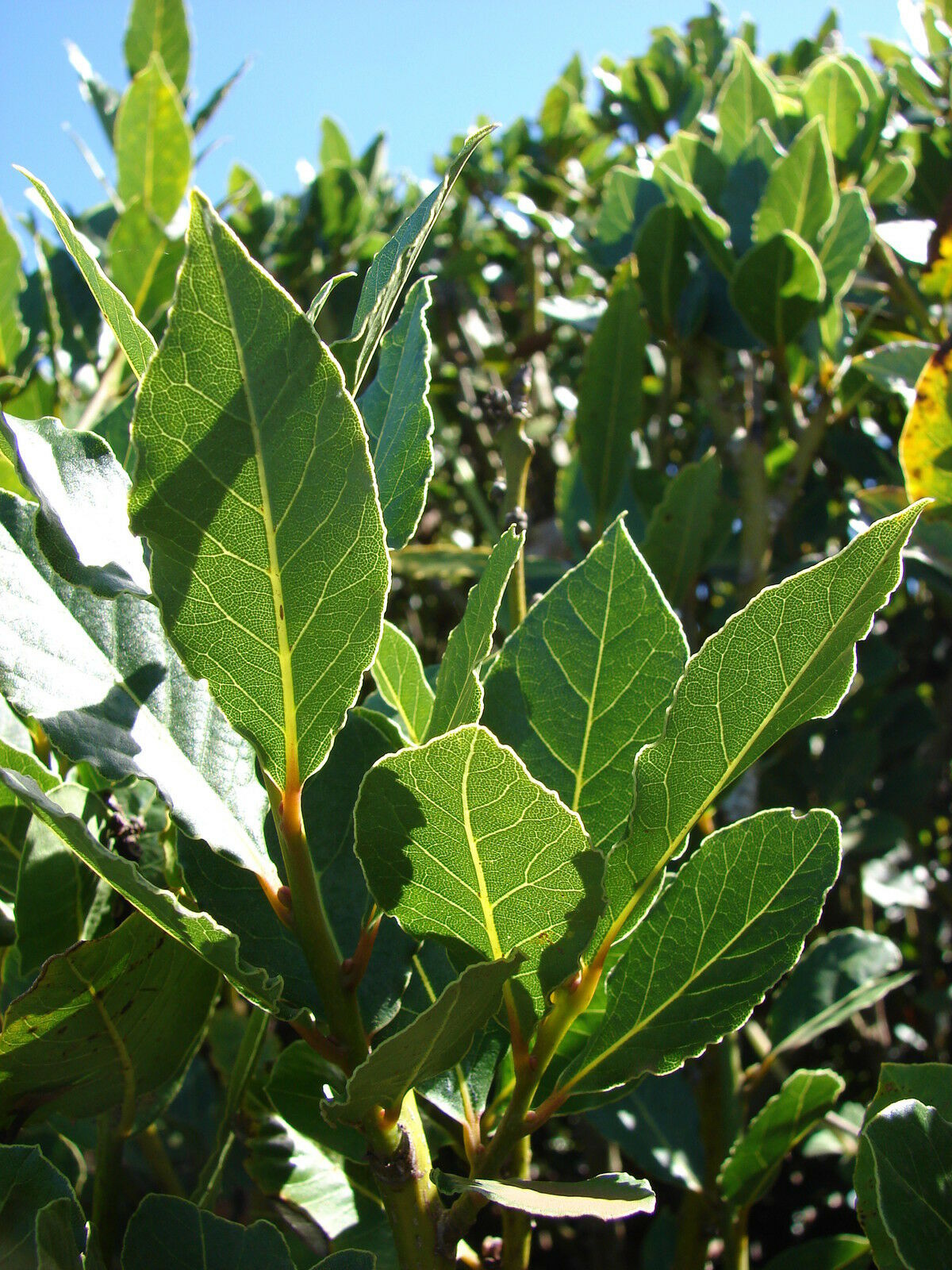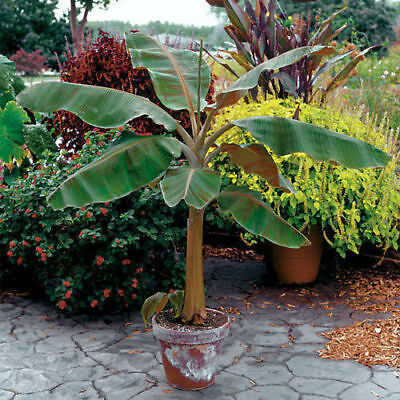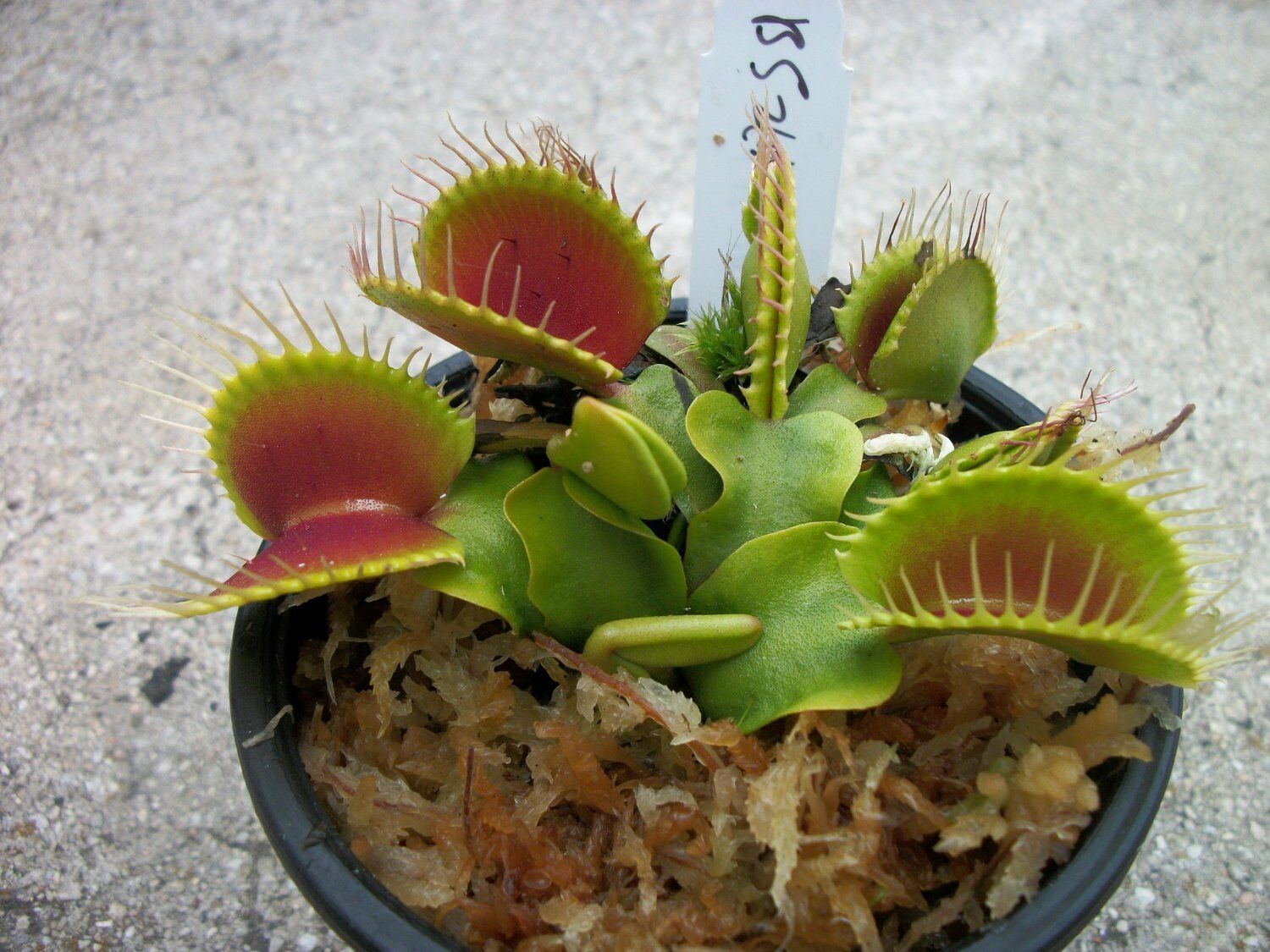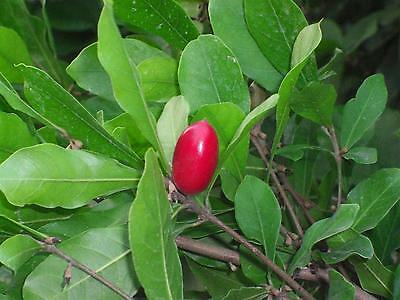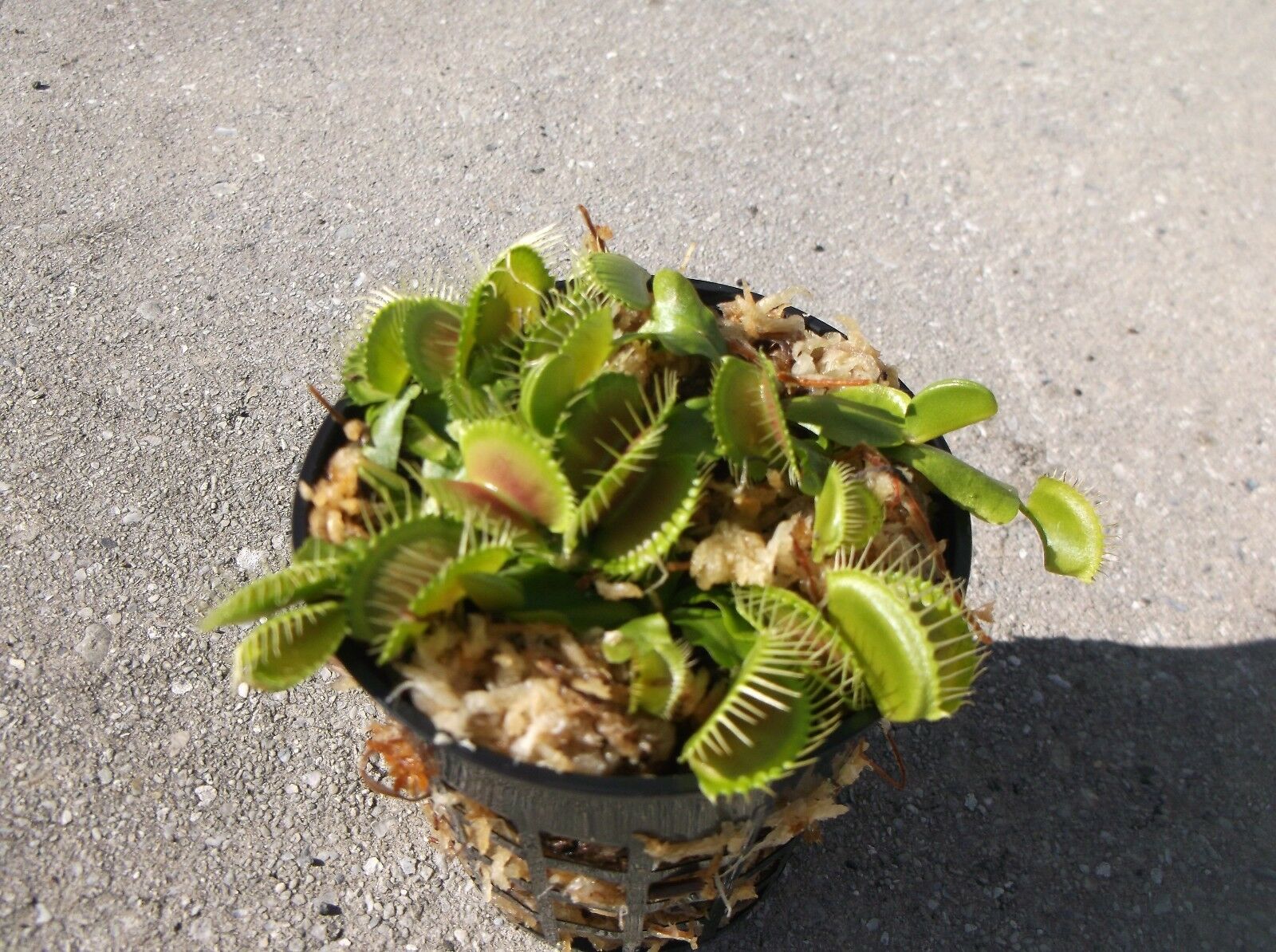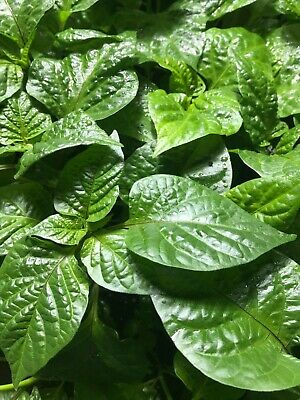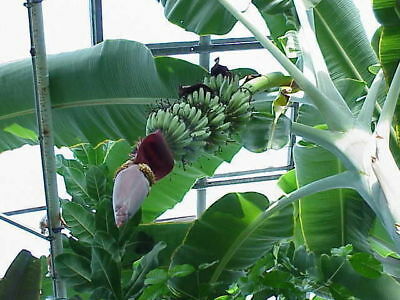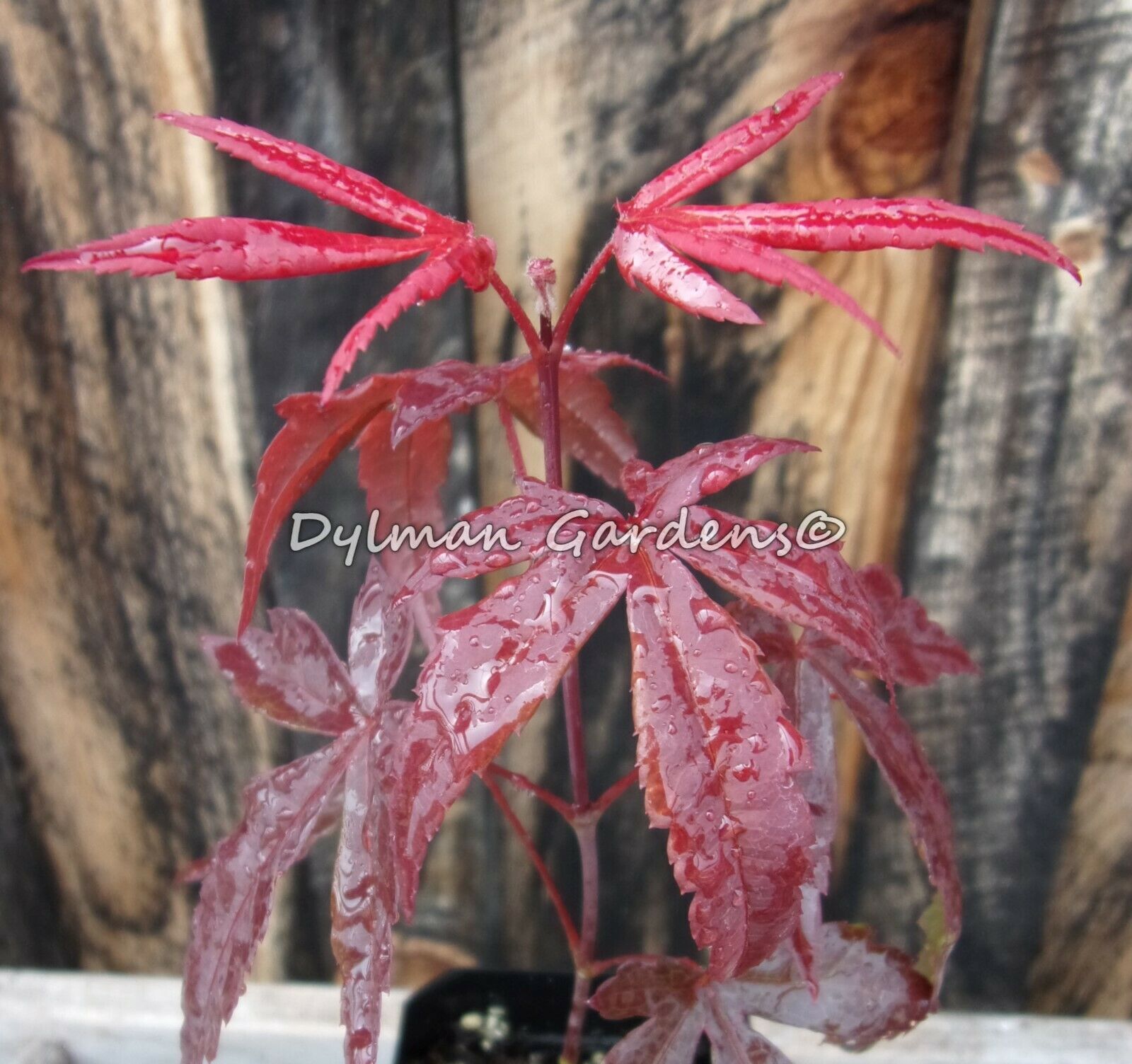-40%
JUSTICIA BRANDEGEANA~RED MAROON SHRIMP PLANTS LIVE PLANTS~3 TO 5 INCHES TALL
$ 2.1
- Description
- Size Guide
Description
WELCOME TO ANNIESTORE20102 TROPICAL RED SHRIMP PLANT
BEAUTIFUL TROPICAL NATIVE PLANTS FROM HOMESTEAD, FLORIDA.
PLANTS ARE 3 TO 5 INCHES TALL OR MORE
LIVE PLANT
TWO PLANTS THAT GROW UP TOGETHER AND WILL BE SHIP OUT BARE ROOTS WITHOUT THE POT
ROOTS CAN BE SEPARATE AT YOUR OWN RISK
WE SHIP OUT MONDAY'S THROUGH FRIDAY'S
SORRY ABOUT SHIPPING CHARGES BUT USPS IS GETTING TO EXPENSIVE.
WE COMBINE SHIPPING !!!
CUSTOMER SATISFACTION IS VERY IMPORTANT TO ME.
DON'T HESITATE TO CONTACT ME IS YOU HAVE ANY PROBLEM WITH YOUR ORDER, WE CAN WORK TOGETHER
IF YOU ARE HAPPY WITH YOUR PURCHASE, PLEASE LEAVE ME POSITIVE FEEDBACK. YOUR FEEDBACK IS VERY IMPORTANT TO ME. I WILL LEAVE YOU A POSITIVE FEEDBACK AS SOON AS I RECEIVE YOUR FEEDBACK
THANK YOU FOR VISITING MY STORE
CHECK MY OTHER LISTINGS FOR MORE BARGAINS
PLEASE CONTACT ME FIRST IF YOU ANY PROBLEM WITH THE ITEM.
Care Information for a Yellow Shrimp Plant
Golden shrimp plant (Pachystachys lutea) is an upright tropical shrub that reaches mature heights of 36 to 48 inches. The showy, yellow, gold or orange flowers, which bloom during the summer, resemble the layered scales of a shrimp. Golden shrimp plant is suitable for planting in U.S. Department of Agriculture plant hardiness zones 9b through 11. In cooler climates, it is grown as an annual.
Golden shrimp plant prefers full sunlight; however, the plant benefits from afternoon shade in climates with hot summers. The plant grows in nearly any type of well-drained soil, including sand, clay, loam, or soil that is slightly acidic or alkaline. However, it isn't a good choice for beach-side planting, as golden shrimp plant doesn't perform well in salty soil.
Water and Fertilizer
Although golden shrimp plant tolerates moist soil, it performs best when the surface of the soil is allowed to dry slightly between waterings. When watering, provide enough water to saturate the roots to a depth of about 6 inches. Regular fertilization stimulates healthy growth and big blooms. However, avoid excessive fertilization, which weakens the plant and makes it more susceptible to disease and insects. Feed the plant once every month during spring and summer, using a fertilizer for blooming plants, applied according to rate specifications on the label. Always water immediately after applying fertilizer.
Maintenance
Golden shrimp plant requires only a moderate level of maintenance to keep it looking its best. Pinch the tips occasionally early in the season, as pinching the tips encourages bushier growth. Continue pinching until the plant reaches the desired business. To prevent the plant from setting seed and entering dormancy early, snip flowers as soon as they wilt. Prune the plant in early spring to maintain the desired size and shape and to prevent the plant from becoming long, leggy and top heavy. If your golden shrimp plant is grown in a container, move it indoors before nighttime temperatures drop to 45 degrees Fahrenheit. Although the plant usually rebounds after being nipped by light frost, recovery is often slow.
Problems
Although healthy golden shrimp plants aren't usually plagued by insects, they may be bothered by spider mites and scale. Both pests cause damage when they puncture the leaves to suck out the plant juices. Spider mites are so small that they are difficult to see with the naked eye, but their presence is recognized by the yellow or reddish stippling and the silky webbing on the leaves. Scale consists of tiny insects covered by a waxy, shell-like covering. Affected leaves turn brown and curled, and may eventually drop from the plant. Light infestations of spider mites and scale are often removed by spraying the plant with a strong stream of water. Treat heavier infestations by spraying the plant with horticultural oil or insecticidal soap, which are safer than toxic pesticides. Because the substances kill only on contact, they don't present as much danger to beneficial insects such as lady beetles.
